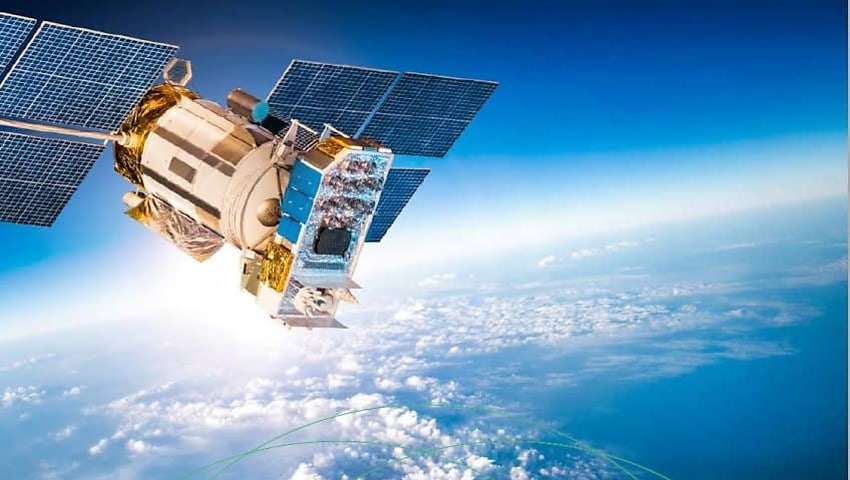Australia needs to be prepared for cyber attacks that could take out satellites delivering key defence capabilities, including navigation, surveillance and communications, the Australian Strategic Policy Institute (ASPI) has warned.
To continue reading the rest of this article, please log in.
Create free account to get unlimited news articles and more!
ASPI senior analyst Malcolm Davis said the ADF relied heavily on satellites and their loss would render it unable to fight in a joint and integrated manner or to take a modern, information-based approach to warfare.
"It would force us back to a more industrial level of warfare, where casualties are high, hostilities prolonged, and victory is anything but assured," he said in an article on the ASPI The Strategist blog.
Dr Davis said a number of countries including Russia and China were developing counter-space capabilities including ground and space-based soft kill, including jamming and spoofing, laser dazzling and, most worryingly, cyber attack.
Countries like China and Russia, and even Iran and North Korea, were highly experienced in cyber warfare and directing such attacks against satellites was something they could do now and at relatively low cost, he said.
Non-state actors, including terrorist groups, could also strike at the heart of US and allied military capability.
"The nature of cyber warfare means that a state can conduct ‘grey zone’ operations in orbit with a low risk of detection or even complete anonymity," Dr Davis said.
"And it doesn’t require a declaration of war. Vulnerabilities in supply chains, for example, could be exploited months or even years before a conflict begins, particularly if Western states depend on foreign suppliers of vital components.
"The reliance of Western armed forces on commercial satellites to augment bandwidth makes this an even greater concern."
Dr Davis said effects of a cyber attack could be swift, delivering a first-strike advantage.
He said Australia must prepare for such attacks and understanding the threat was the first step.
"Australia’s defence and strategic policy community must ask how cyber warfare in space might emerge and what the likely impact of cyber attacks on satellites will be, both on the ADF’s ability to fight and on Australian society more broadly," he said.
"Analysis must also be undertaken on how can the ADF respond to this threat."
Dr Davis said how Australia could play a role alongside the US by burden-sharing to meet the cyber threat in orbit was an issue that needed further thought.
He said India’s test of an anti-satellite weapon in March led to an international outcry because it generated space debris and went against desired norms towards non-weaponisation of space.
"Soft-kill threats such as cyber attacks are more insidious and potentially more dangerous because they can be used without the fallout of space debris and offer scalable, potentially reversible effects," he said.
"Australia must understand and meet the challenge of soft-kill counter-space threats to its critical space systems, including those in the cyber domain."

 Login
Login







